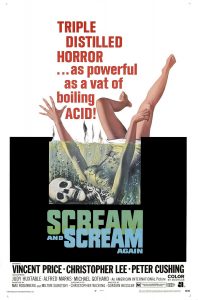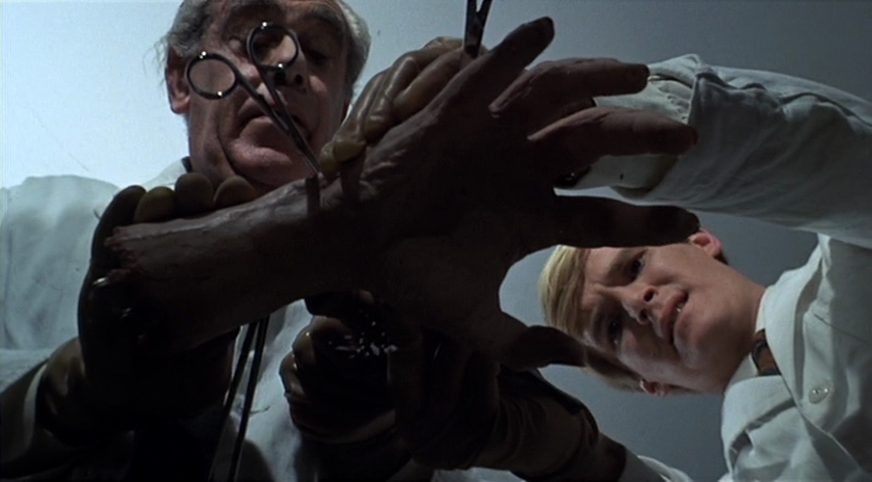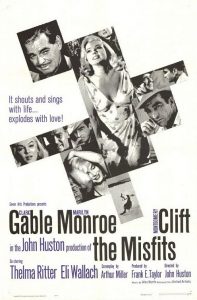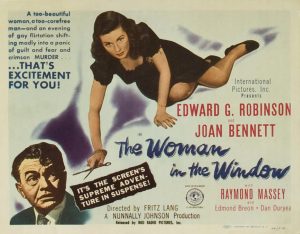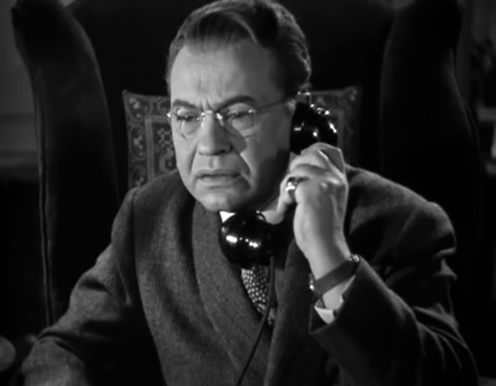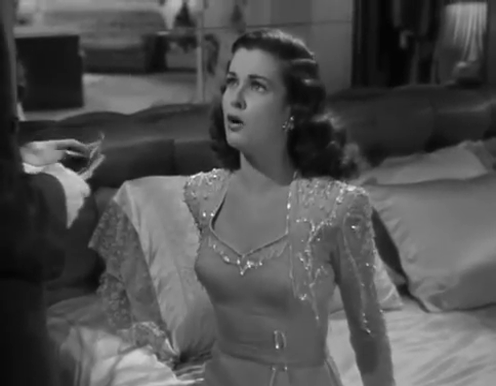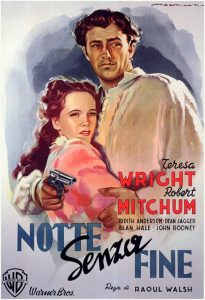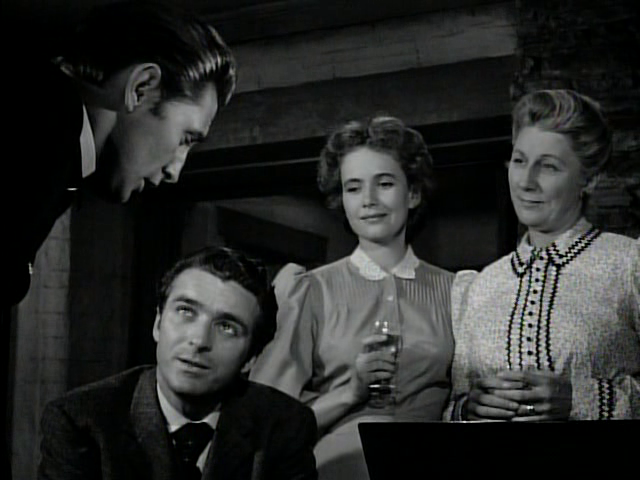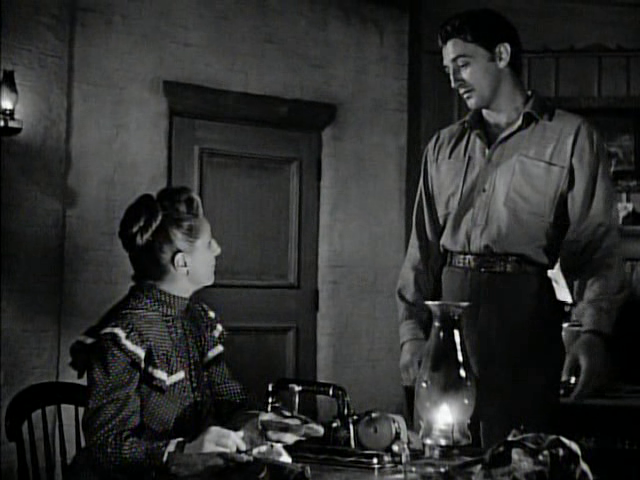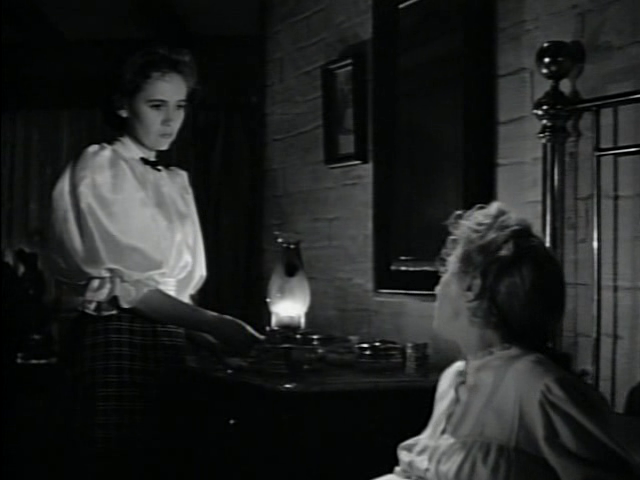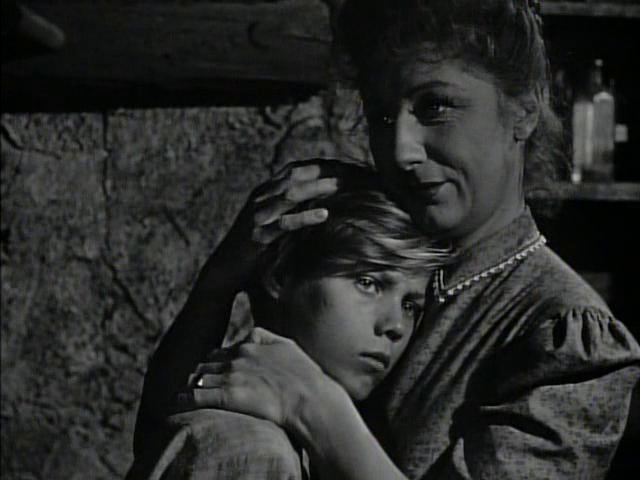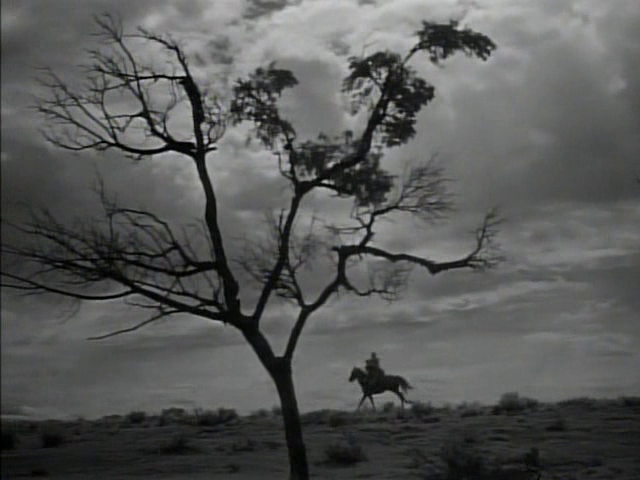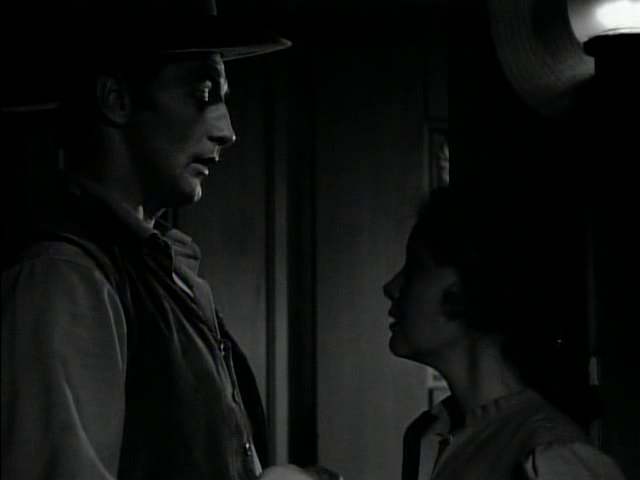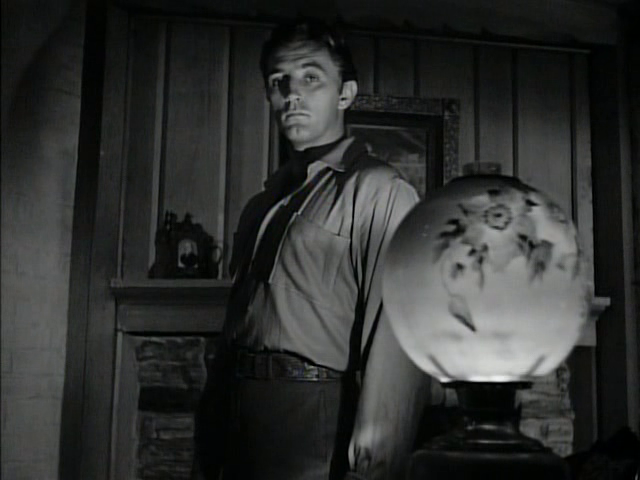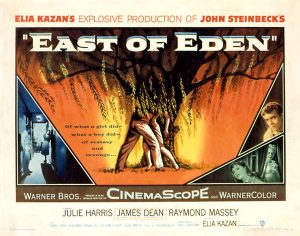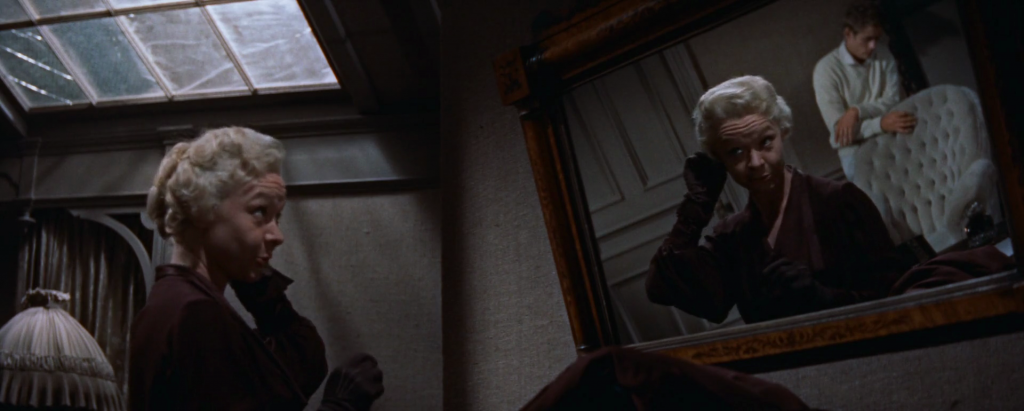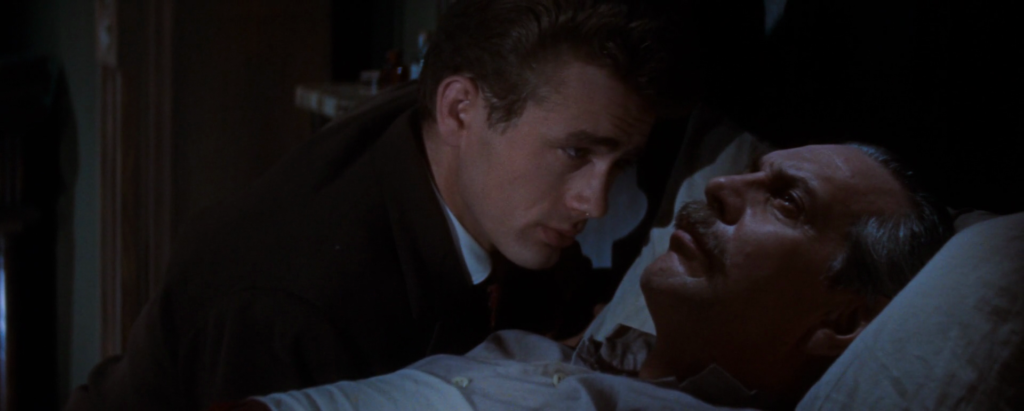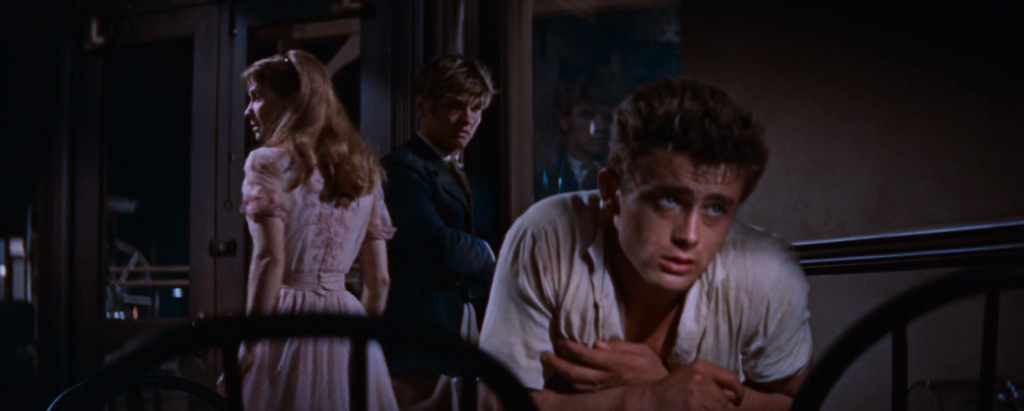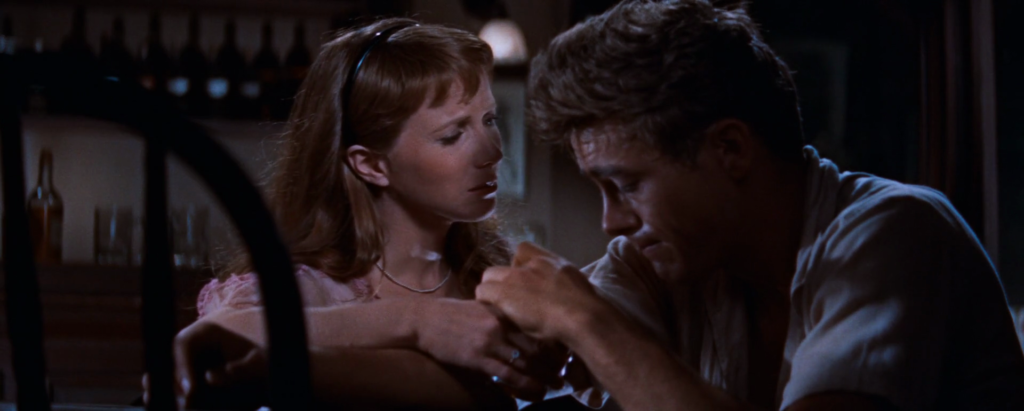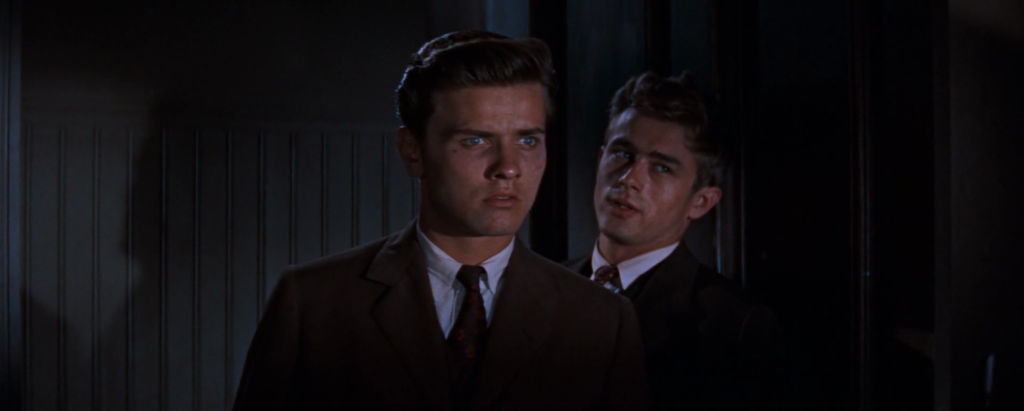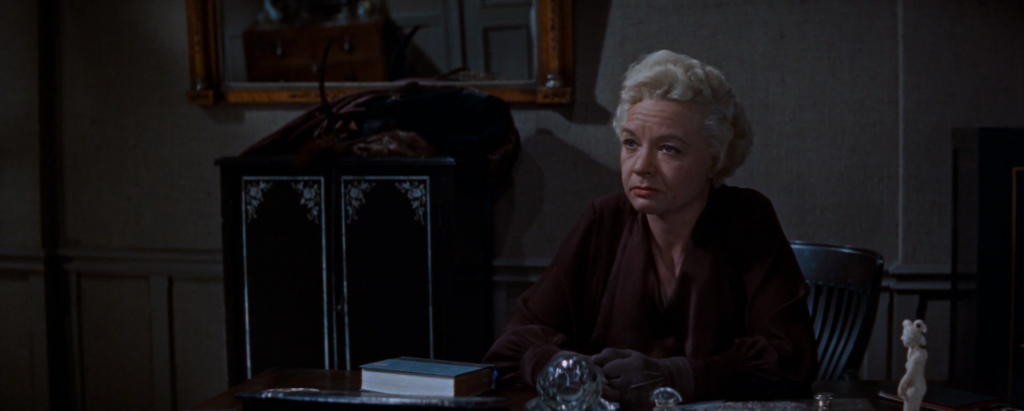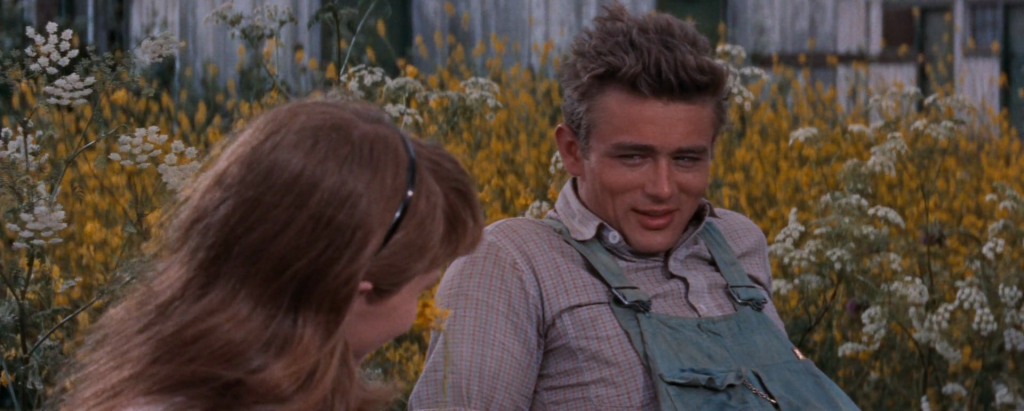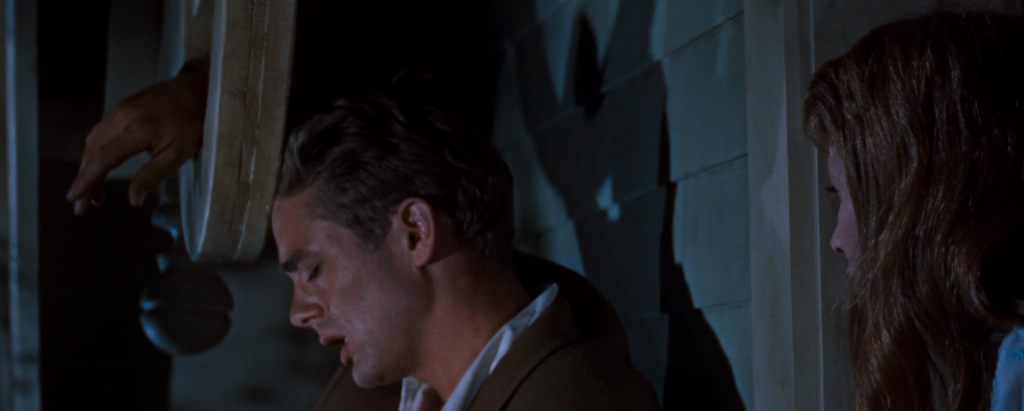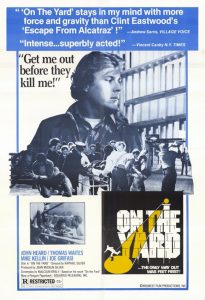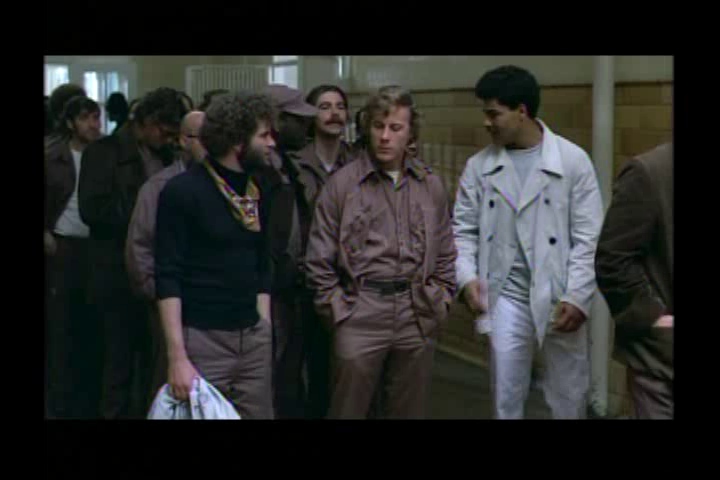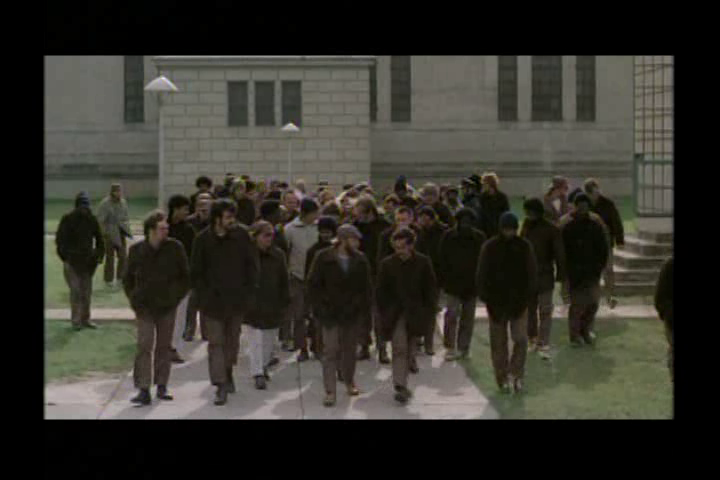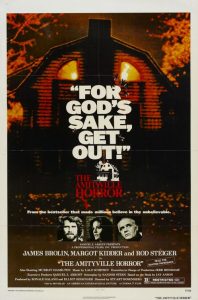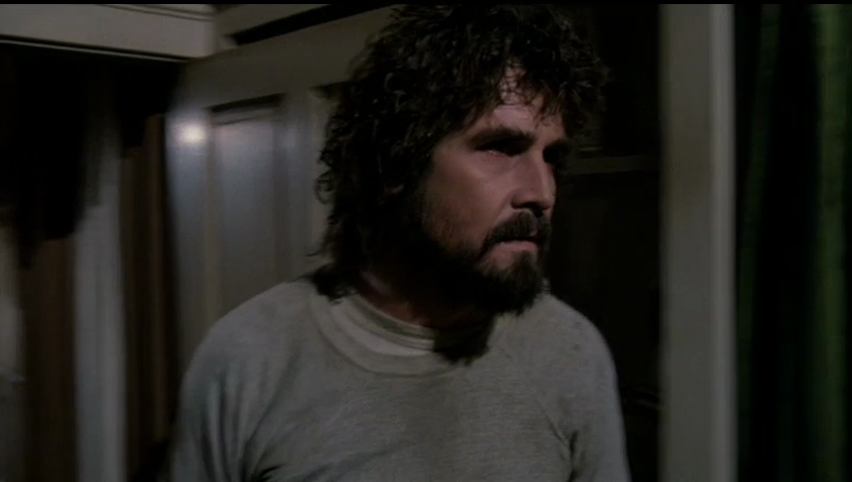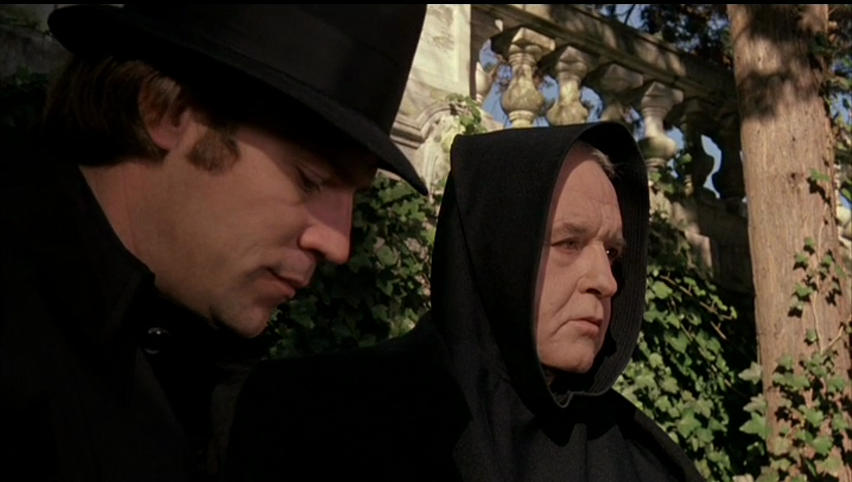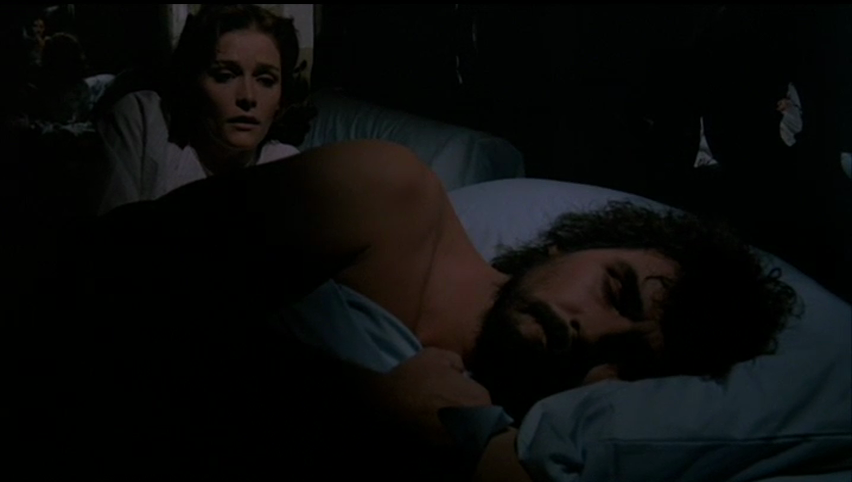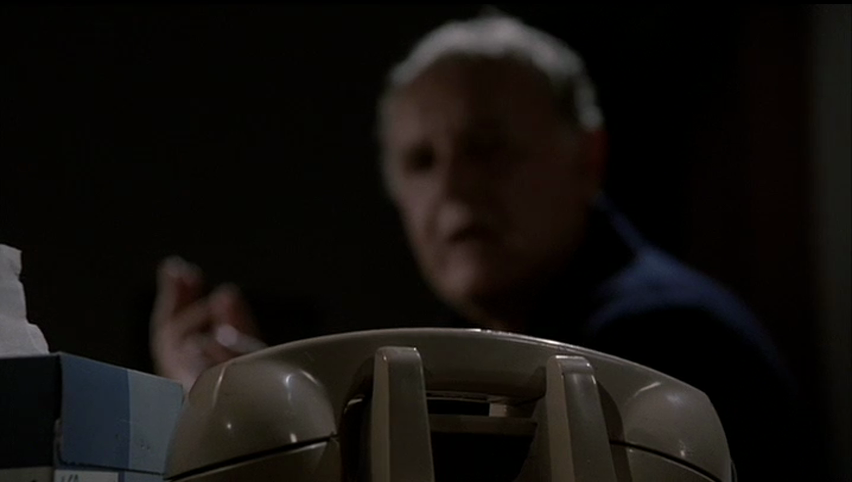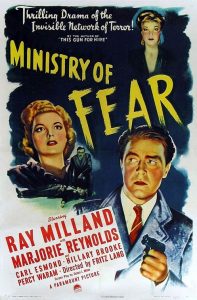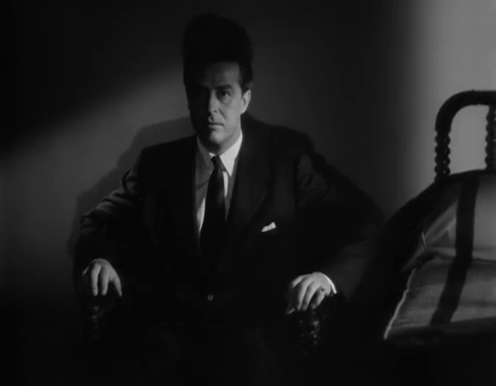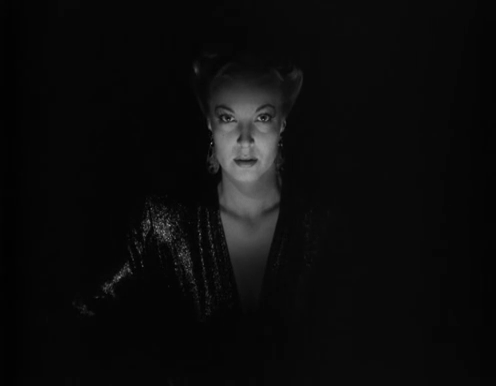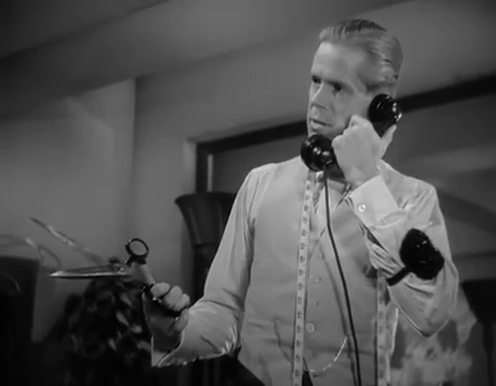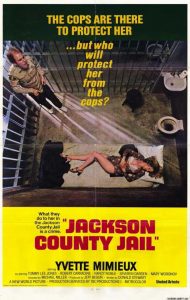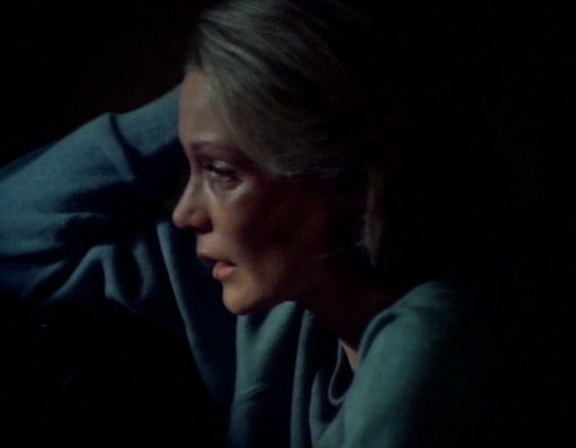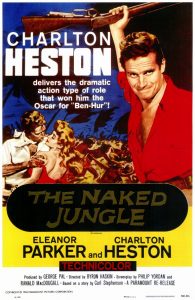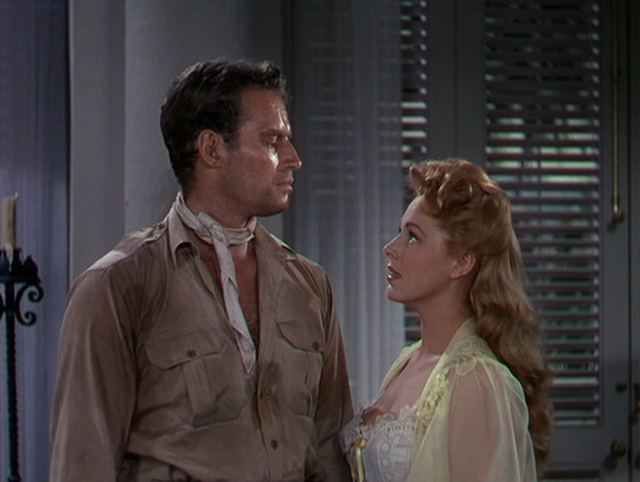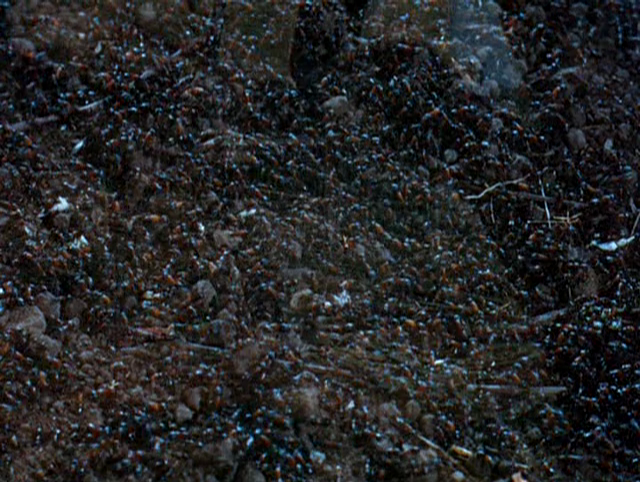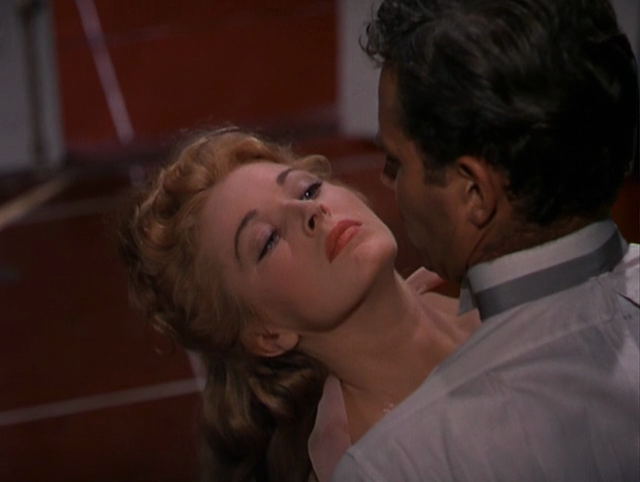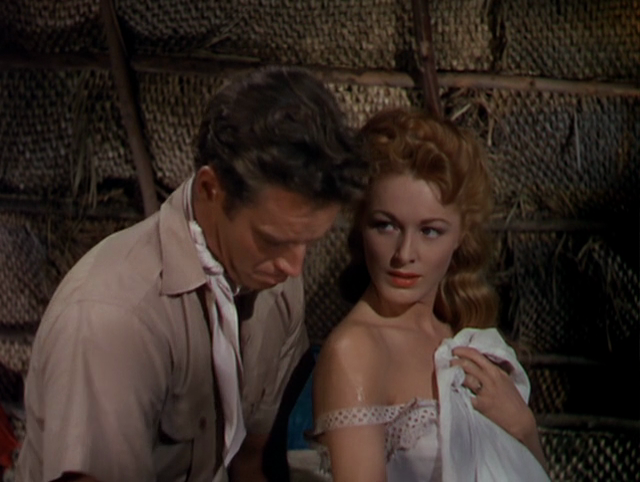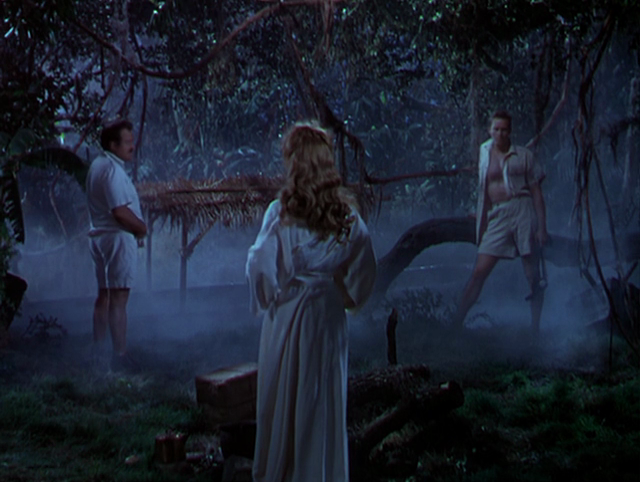|
Genres, Themes, Actors, and Directors:
- Arthur Miller Films
- Clark Gable Films
- Cowboys
- Divorce
- Eli Wallach Films
- John Huston Films
- Kevin McCarthy Films
- Love Triangle
- Marilyn Monroe Films
- Masculinity
- Misfits
- Montgomery Clift Films
- Thelma Ritter Films
- Westerns
Response to Peary’s Review:
Peary argues that while this “last film of Marilyn Monroe and Clark Gable” will be of “more than passing interest”, it’s “not the classic that it should have been, considering that Monroe, Gable, and Montgomery Clift were its stars, John Huston directed, and Arthur Miller wrote the script (he adapted it from an article he wrote for Esquire).” He writes that Miller “laments the disappearance of the heroic Age of Cowboys, suggesting that today’s ‘cowboys’ (misfits) can’t retain their manly pride by riding in rodeos on spooked horses and bulls or capturing mustangs for dogfood dealers”; however, he argues that “Miller’s script is overwritten, without being insightful” and too “full of gloom and doom”. He also asserts that John Wayne would have been better-cast than Gable (I disagree), and that “it’s a shame” “Clift and Monroe, both known for their sensitivity”, “didn’t have more scenes with each other” (true).
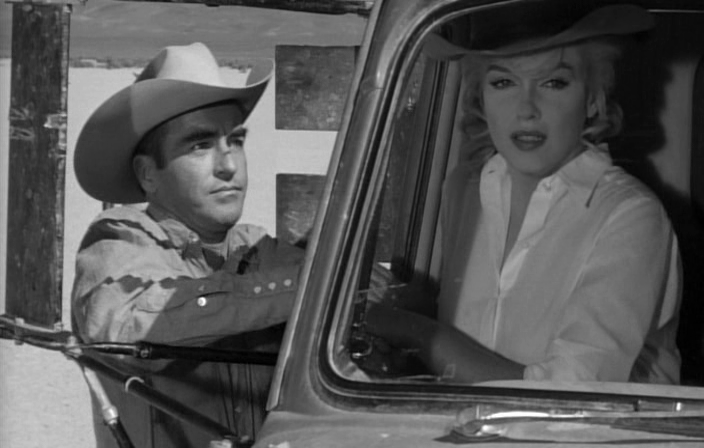
Despite all those caveats, Peary points out how “amazing” it is “what a wonderful performance [Monroe] gives”, given the fact that she was “having tremendous psychological problems during the filming”. He writes that she’s “beautiful, angelic, vulnerable, assertive, wise beyond her education, unhappy, [and] the sufferer for all creatures (man or animal) that hurt”, and he states that he’d “like to think that this role comes closest to the real Marilyn Monroe”. Monroe’s performance is truly noteworthy: it’s literally impossible to keep your eyes off of her, and we instantly understand why all the other characters want to be near her. Ritter, meanwhile, is wonderfully droll in one of her many stand-out supporting performances:
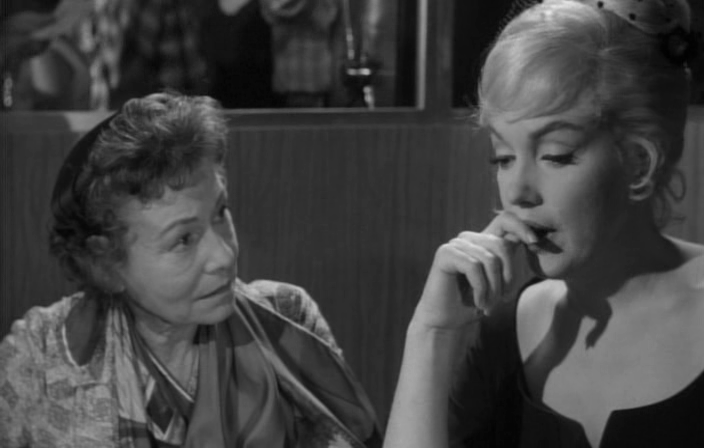
and all three men do fine ensemble work together.
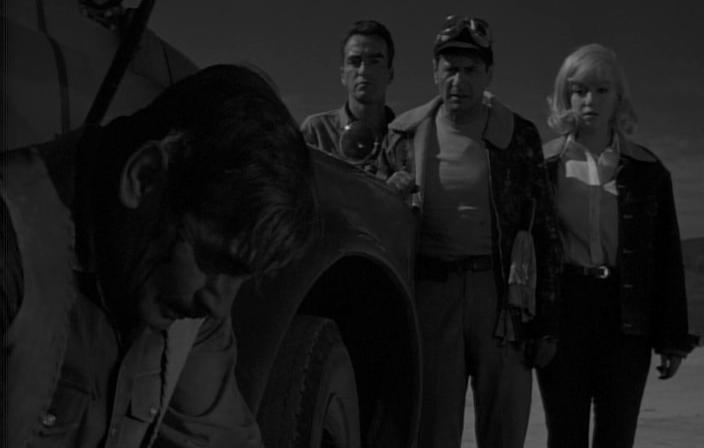
While the overly dense storyline may not pack as much of a punch as it could, there’s no denying that this remains an impactful, affecting film on many levels, and is worth viewing by all film fanatics at least once.
Note: Check out this recent NY Times article for an update on the status of wild horses across the United States.
Redeeming Qualities and Moments:
- Marilyn Monroe as Roslyn
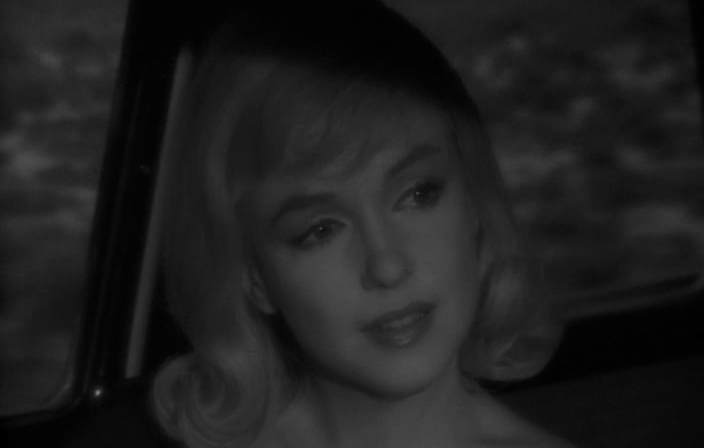
- Fine performances by the ensemble cast

- Russell Metty’s cinematography
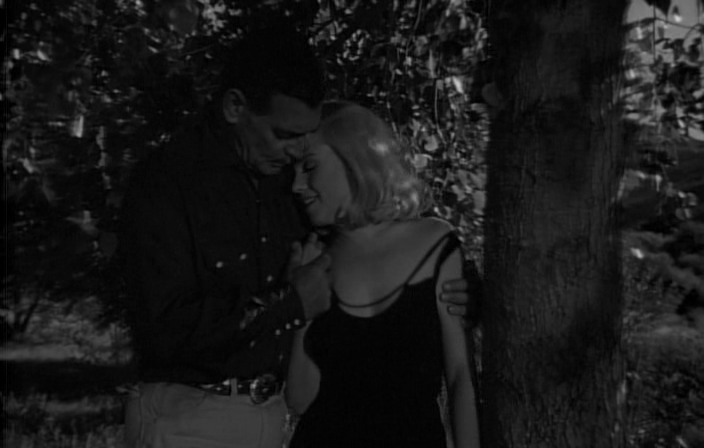
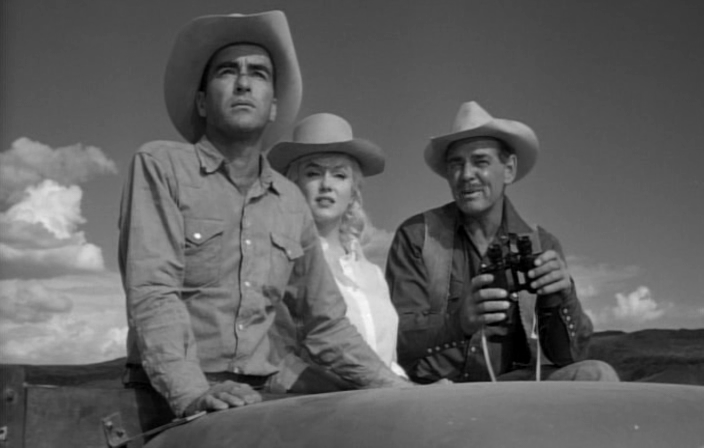
Must See?
Yes, as a poignant film by a master director.
Categories
- Historically Relevant
- Important Director
Links:
|
